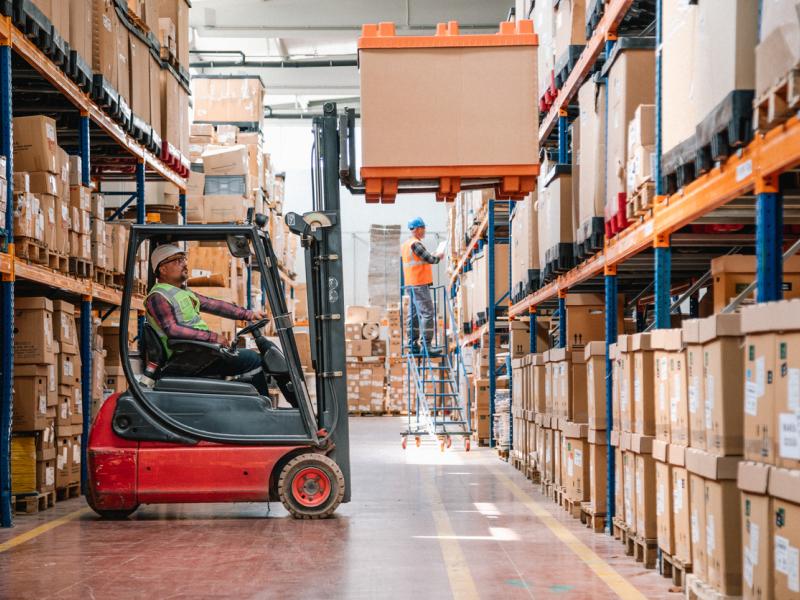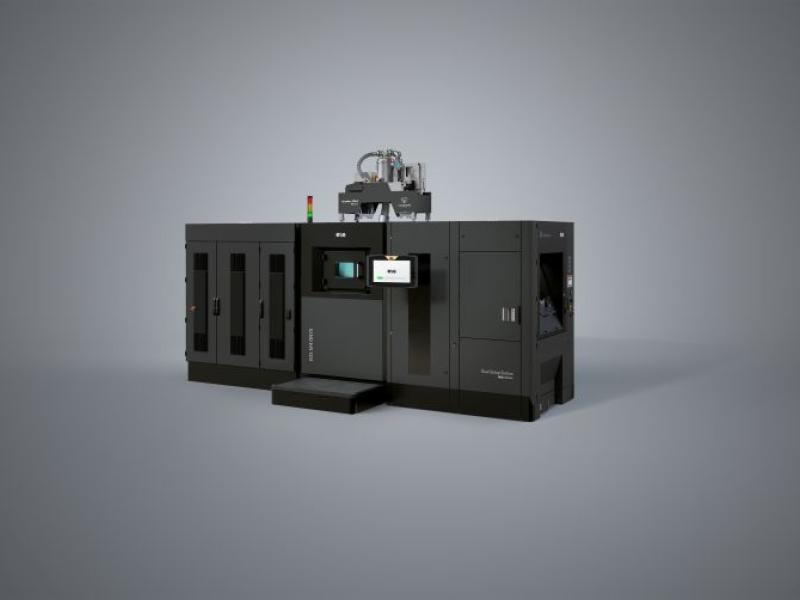The changes to the 90-day trial period announced today by the Government will present additional challenges for medium sized manufacturers to finding the right staff they need, adding to the already critical skill shortage issues which hold back growth of the sector.
“The 90-day trial periods have made it easier for manufacturers to bring on staff to fill skill shortages, knowing they have the ability to take a risk on a new worker. The proposed change will make it harder for companies to fill vacancies – the last thing they need right now.” says Dieter Adam, CE, The Manufacturers’ Network.
“At least we are still going to have the 90-day trial periods for companies under 20 employees, as for businesses of this size the risk and investment in bringing on a new staff member is very high. But the Government should have left these trial periods alone altogether.” he states.
“If the Government is serious about growing the economy, it should focus its efforts on working with industry in addressing the short and longer-term skill shortages that are crippling the high-value manufacturing industry and many other sectors. These skill shortages are often in the area of highly skilled and experienced trade’s workers, with level 5 and 6 qualifications.” says Adam.






